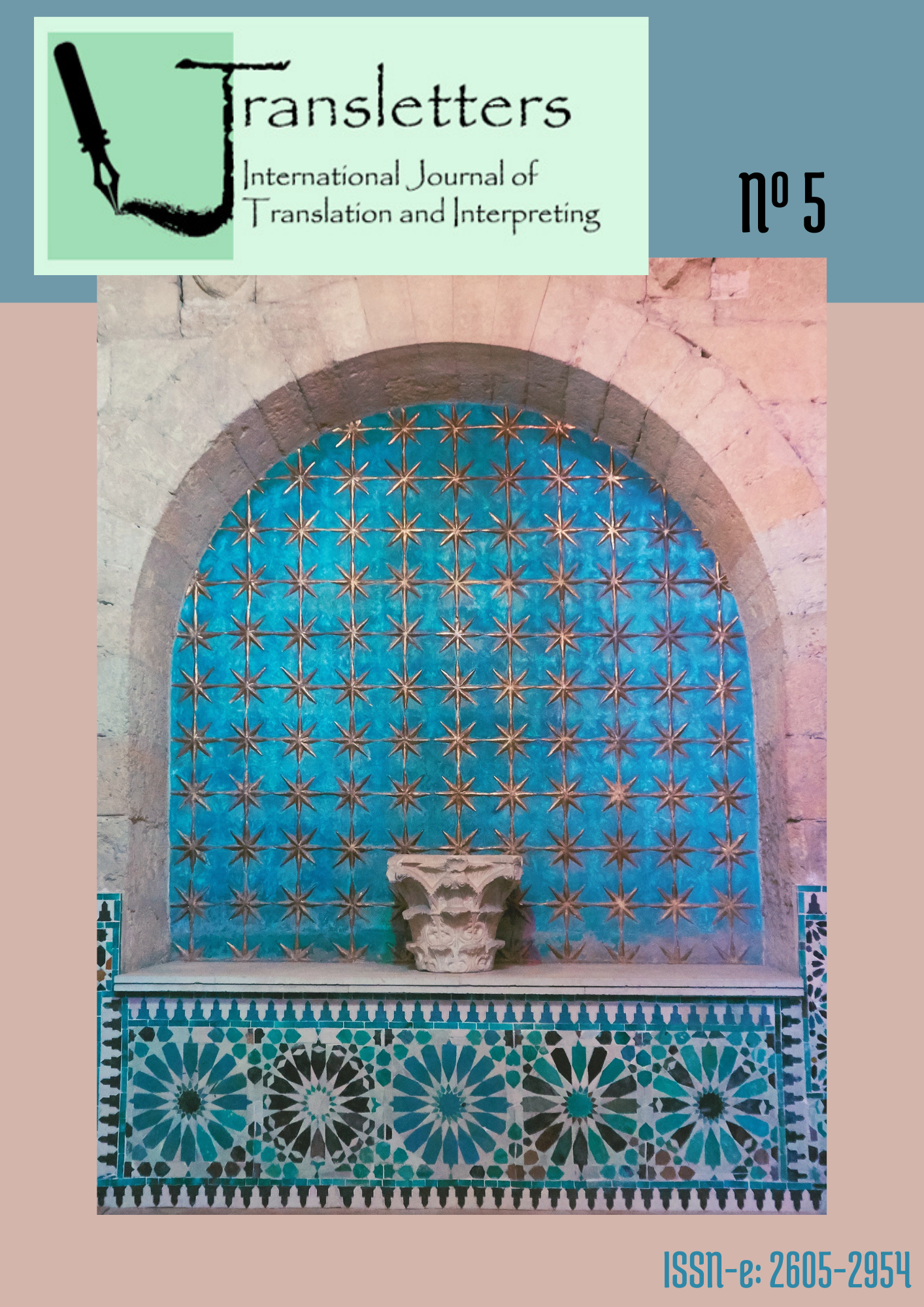The Court interpreting, monolingual ideologies and legitimate language How translanguaging voices are silenced in court proceedings.
Contenido principal del artículo
Resumen
En los tribunales de justicia, como en muchos otros campos profesionales (médico, etc.), el lenguaje está regulado por reclamos de legitimidad. Una parte esencial de esta legitimidad lingüística es ajustarse a los estándares monolingües en situaciones donde los litigantes son hablantes no nativos de inglés, es decir, hablan en su propio idioma monolingüe a través de los servicios de un intérprete judicial. Sin embargo, cuando se les llama para testificar o responder a un interrogatorio, los litigantes a veces no pueden expresarse completamente en su lenguaje "presunto" monolingüe, y en cambio se involucran en prácticas de "transgénero".
Basándose en investigaciones preliminares, en las que participan 6 intérpretes judiciales profesionales con sede en el Reino Unido, este artículo explora cómo los intérpretes a menudo promueven modelos monolingües en sus prácticas de interpretación, reforzando la no legitimidad de los litigantes que translogan, limitando y restringiendo sus voces en procesos que bien pueden dar forma a sus vidas futuras.
Descargas
Detalles del artículo
Política propuesta para las revistas que ofrecen acceso abierto
Los/as autores/as que publican en esta revista aceptan las siguientes condiciones:
1. Los/as autores/as conservan los derechos de autor y conceden a la revista el derecho de primera publicación con el trabajo licenciado simultáneamente bajo una Licencia de Atribución de Creative Commons, la cual permite a otras personas compartir el trabajo con un reconocimiento de la autoría del trabajo y la publicación inicial en esta revista.
2. Los/as autores/as pueden establecer acuerdos contractuales adicionales para la distribución no exclusiva de la versión publicada del trabajo en la revista (por ejemplo, enviarlo a un repositorio institucional), con un reconocimiento de su publicación inicial en esta revista.
3. Se permite y anima a los/as autores/as a publicar su trabajo previo a la versión final publicada en esta revista una vez aceptado (por ejemplo, en repositorios institucionales o en su sitio web), ya que puede dar lugar a intercambios productivos, así como a una citación más temprana y mayor del trabajo publicado (Véase El efecto del acceso abierto).

